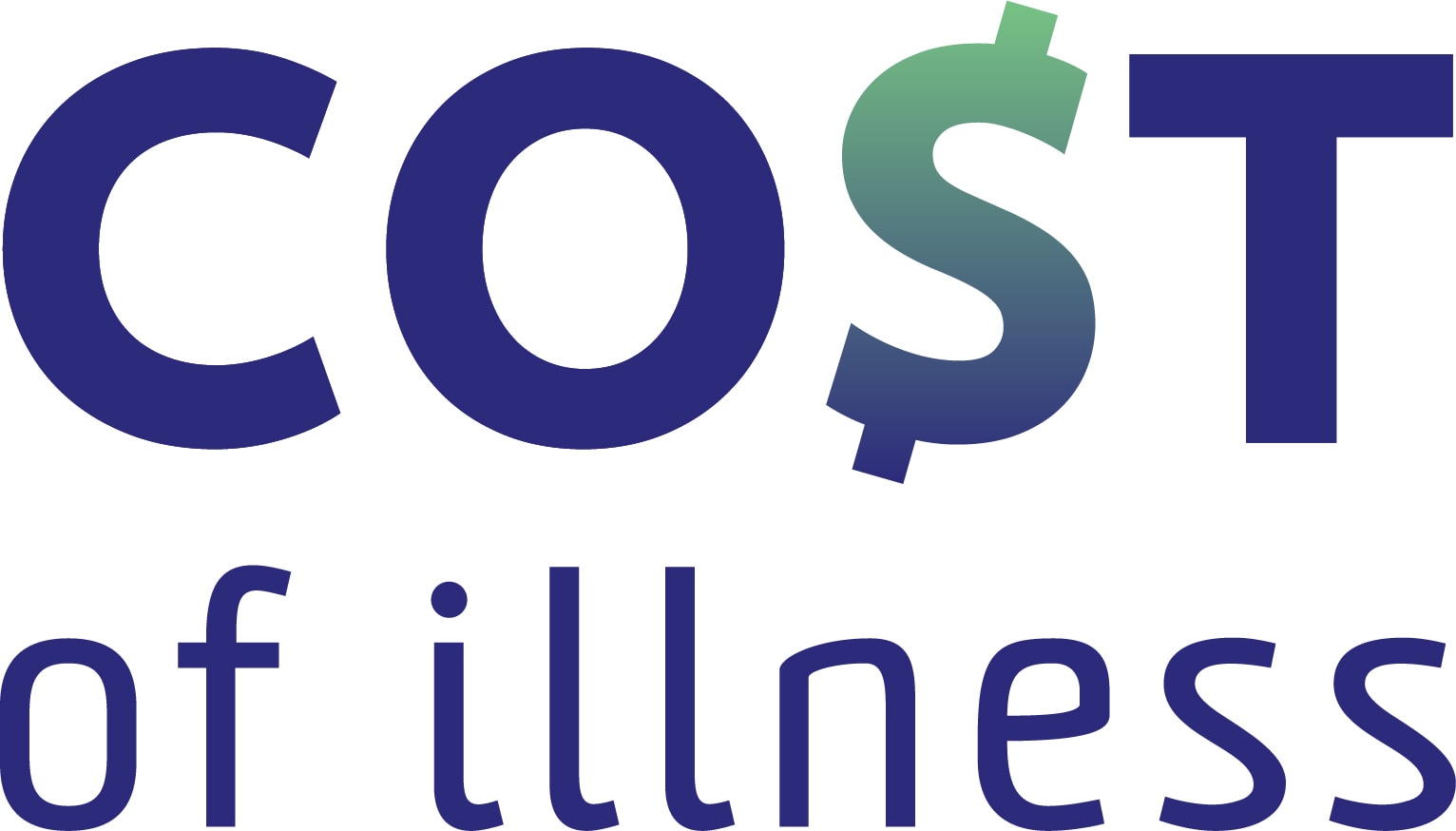Putting your papers in order
Keeping important documents organized and up to date takes work and method.
In the event of a serious illness or accident, your employer, insurance company and various government agencies will require documentation in order to respond to your claims for reimbursement or financial support.
Any financial process during a difficult time will be made easier if important documents are up to date and easy to find.

Important administrative documents
Finding your documents easily will be even more important if you have to ask someone close to you for help with your paperwork.

Employment documents
- Employment contract
- Collective agreement
- Human resources policy
- Copies of time sheets or work records
- Pension fund documents
- Notice of contribution
- Group insurance policy

Financial documents
- Your income tax returns
- Your bank and credit card statements

Legal documents
- Will
- Mandate in case of incapacity or power of attorney
- Title to property
- Mortgage agreement

Basic organization
Keeping notes
In addition to keeping documents in orderly files, it is recommended that you write down in a notebook the various steps that you’ve taken with the different application processes: dates, names and telephone numbers of the people you spoke with, summary of what was said, etc. Keep and file all important emails as well.
Employers sometimes question the amount of overtime earned or days used for sick leave, social leave and vacation time. It is recommended that you keep detailed track of your overtime hours worked and your use of leave.
Reading contracts

Reading contracts, especially insurance policies, seems so difficult for many people that they don’t bother to do it. But, if you don’t read the contract, you won’t know if you will get the financial support you need and if you will have the financial safety net you are looking for.
Reading contracts is a practice that gets easier with experience. And the more you do it, the more you’ll see the benefits. Make sure that all of your insurance policies are easy to find, that your documents are up-to-date and that you have read them carefully over the past year.
Getting into the habit of reading your policies and other documents will make it easier to deal with any financial issues.
Keeping your tax returns up to date
Some provincial support programs are automatically calculated based on tax returns. In addition, there are tax clinics in Quebec, a low-cost service offered by the community. To find out where to go, contact 211. Some charities that provide financial support to help those facing financial hardship during an illness require notices of assessment as proof of income.
General practices to facilitate sick leave
To facilitate a sick leave or any unexpected leave, keep your work plan and schedules up to date, and keep your files and passwords in order. This will help your employer cope with an unexpected absence on your part and make it easier for you to return to work.
Know your rights
Always remember that you have rights. If you are having difficulties with social programs, private insurance, your rights as a worker, there are community groups that have the expertise to help people in these situations. It is always recommended to consult them.
Act respecting labour standards
In Quebec, salaried workers are protected by the Act respecting labour standards. (Some categories of workers are however excluded or covered by other laws. See the list here). The Act respecting labour standards is overseen and administered by the Commission des normes, de l’équité et de la santé et de la sécurité du travail (CNESST). Any employee who needs to take sick leave should read this information carefully to ensure that they meet all the requirements of the law.
Employees working in a federally regulated sector are protected by the Canada Labour Code.
Human Resources Policy
In non-unionized workplaces, some employers have a human resources policy that explains the benefits available to employees, including sick leave, and how to apply for them.
For more information, see the section Precarious status.
Collective Agreement
In unionized workplaces, a collective agreement defines all matters related to working conditions, leaves and more. Usually, it explains the conditions under which a union member can take long-term sick leave and the procedure for applying for it.

© 2021 Coûts de la maladie | All rights reserved | Site by Phil





